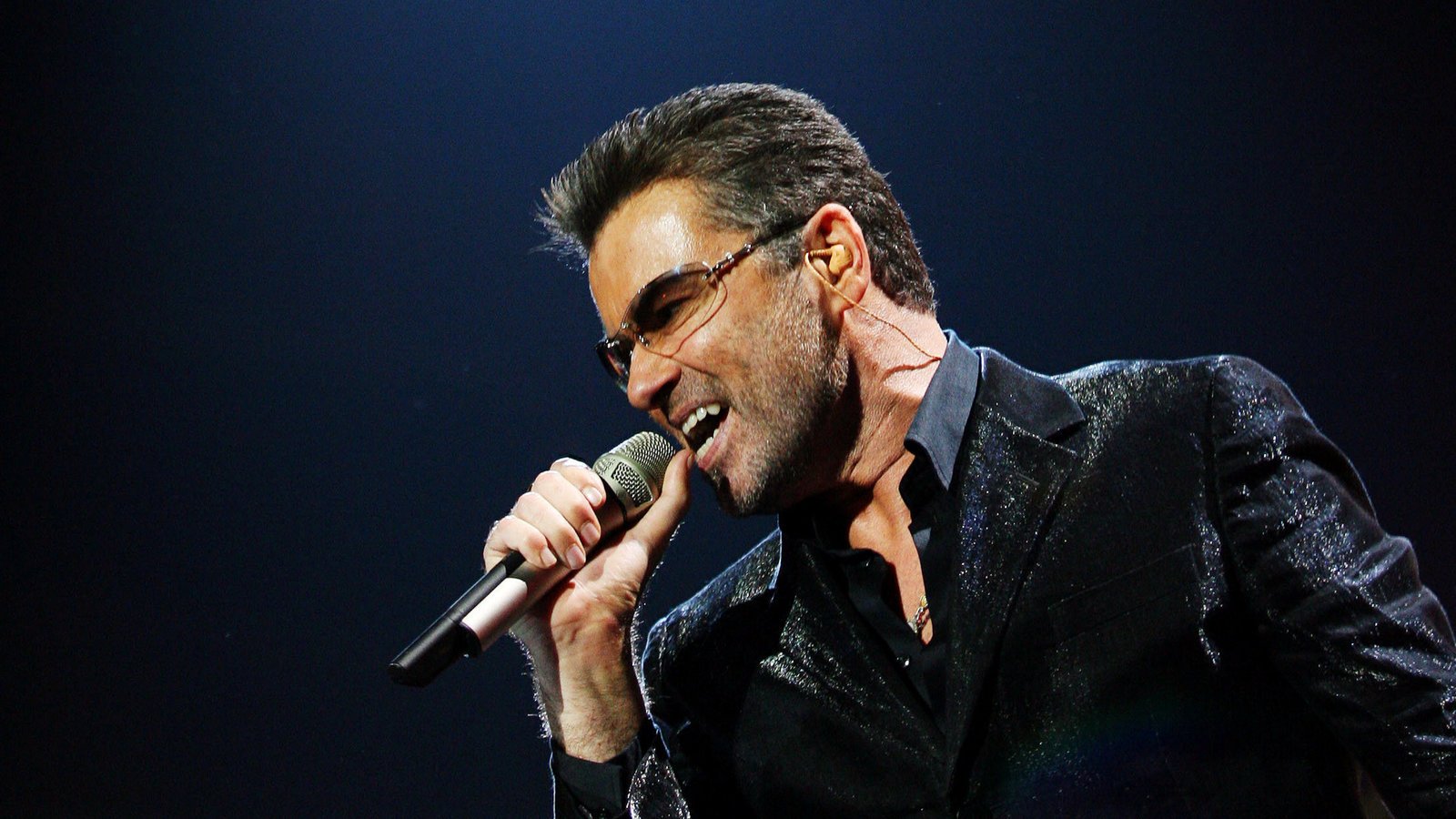George Michael’s ‘Freedom’ documentary is an emotional exploration of an LGBT icon’s life
By Will Stroude

Embarrassing admission: I didn’t know much about George Michael until recently. I knew he was a musical icon and that he was an out and proud queer man, but I didn’t quite understand why he has such a legacy.
The documentary Freedom changed that. Directed by George Michael, alongside his lifelong friend, songwriter David Austin, the film provides an emotional exploration of George’s musical career from his start in Wham! all the way through to his successful solo career and feud with Sony Music Entertainment.
Opening with model Kate Moss and a jarring message explaining that this documentary was his final work, and there’s a sombre reminder throughout the film that we are listening to someone who is no longer with us.
As George is seen tapping away at his typewriter, he is quick to admit his musical success was powered by a desire to be famous. In college, he’d started a ska band, The Executives, an uninspired but nevertheless inspirational quartet that would split but result in the formation of one of the biggest pop bands of all time: Wham!

Among the film’s chronological account of George’s history, the production enlists a diverse range of celebrities who provide their anecdotal experiences of the singer, whether it’s their love of his music or a love of him as a person. Naomi Campbell, Nile Rodgers and Elton John are just a few of the big names interviewed, and their reminiscing isn’t just for show: we discover George inspired them in different ways.
Ricky Gervais gives the documentary some great laughs, but he’s serious when he highlights the significance of ‘Outside’ as a testament to George not letting the media vilify him for being gay.
Stevie Wonder recalls the artist’s talent and wonderful soul, with a touching clip of George embracing him after a duet on a cover of Wonder’s 1973 ‘Living for The City’.
Nile Rodgers says it perfectly, in response to ‘Listen Without Prejudice’: it’s brave enough to be able to talk about your own sacred ground; when you can let the world know of the darkness holding your heart in a vice, it’s no less courageous. That’s what makes Freedom so poignant and honest: George is fully aware of his ego and vices, and he lets loose about the immense confidence his extremely popular Faith album brought him, and how it took an incredible toll on him.

George suggests his extreme success in America led to him losing control. There was no way he could ground himself as his life became a 24/7 onslaught of performances and fame, the artist was missing the days of Wham! when he shared the limelight with Andrew Ridgeley. The immense pressure made George incredibly lonely when the day was done, and he admits that, at times, the only good part of his day was when performing live.
The stress of performance isn’t the only thing that delivers the sentimentality prevailing in the documentary. The singer lost two people incredibly dear to him: his lover, Anselmo Feleppa, in 1993, and his mother, Lesley Panayiotou, in 1997. The documentary details the unique impact they had on his life, with his mother’s death from cancer sending him into a depression he equates with a sportsman experiencing a disabling injury.
Anselmo’s story enhances the tragedy interwoven into the narrative. George says it took just six months with Anselmo to feel like the love he had always been missing, and the singer called him his saviour, and was a staunch companion during his stressful dispute with Sony. But, too soon after, the couple were thrown into turmoil as the mysterious symptoms Anselmo had been experiencing led to a diagnosis of HIV. In a time when the virus was hardly understood, being confirmed HIV positive was a death sentence, and the couple feared for their lives. In 1993, Anselmo died after an Aids-related brain haemorrhage.
It was this time of stress that gave George the courage to battle Sony in 1994, who George accused of under-promoting him as a result of the artist’s intentional directional change. Had he won, George would have changed the nature of record company contracts forever, but the case was no doubt a testament to George’s drive to always be himself.

It was statements such as this that made something clear to me: George Michael was human. Sure, George isn’t the only artist to have felt pain, but to learn of his loneliness, the dissonance with his sexuality and the emotional ordeals with death really puts his heart-rending lyrics into perspective. Because even when it’s an upbeat, funky track such as ‘Fast Love’, George still manages to convey an experience of love-induced pain, and the need for distraction; something I’m sure many of us can relate to in one way or another.
The documentary draws to a close with heart-wrenching home videos displaying the artist’s mortality and human nature. It’s almost akin to watching a friend to whom we have had to say a final goodbye.
I stepped into George and David’s documentary not knowing a thing about the artist, and left feeling like there was a bit of history I’d been foolish to have missed out on. And for that, I implore you – fan of George Michael or not – to give Freedom a watch.
George Michael: Freedom will air in the UK on October 16 at 9pm on Channel 4.
Words by Robert Wheatley
More stories:
Younger star Dan Amboyer comes out as gay – and reveals he’s married
Call Me By Your Name star tried THAT peach masturbation scene at home
